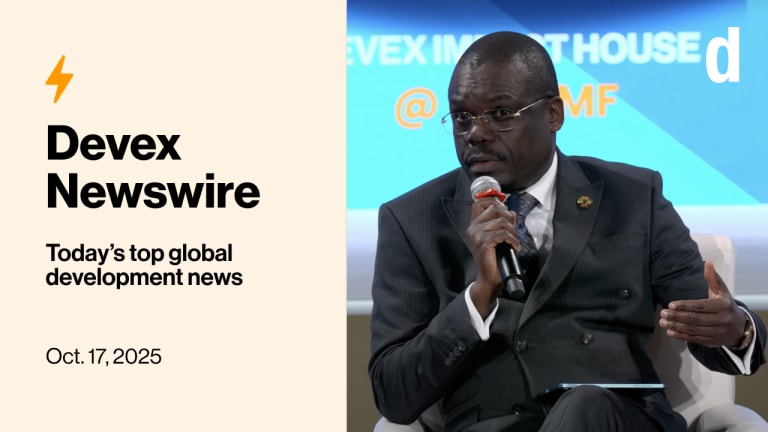Amid a sharper than expected slowdown in economic growth in Latin America, experts argue current aid donors to the region and their implementing partners need to adjust their priorities to address emerging problems caused by the stagnation.
Experts at a launch event for the International Monetary Fund’s latest Regional Outlook for the Western Hemisphere urged development stakeholders to pay attention to any potential changes or dissolution of the Venezuelan oil alliance Petrocaribe, which has used oil concessions to fund some social services in the region. Aid donors could see demand increase and be asked to step in to help offset fallout from changes to the oil alliance. Given the uncertainty around oil exports — and the services they fund — linking education to skilled labor and improving regional investment climates should also be priorities.
As the region is heavily dependent on oil and agricultural export, a decline in commodity prices has mainly caused the slowed this year that is expected to continue, the IMF outlook says.








